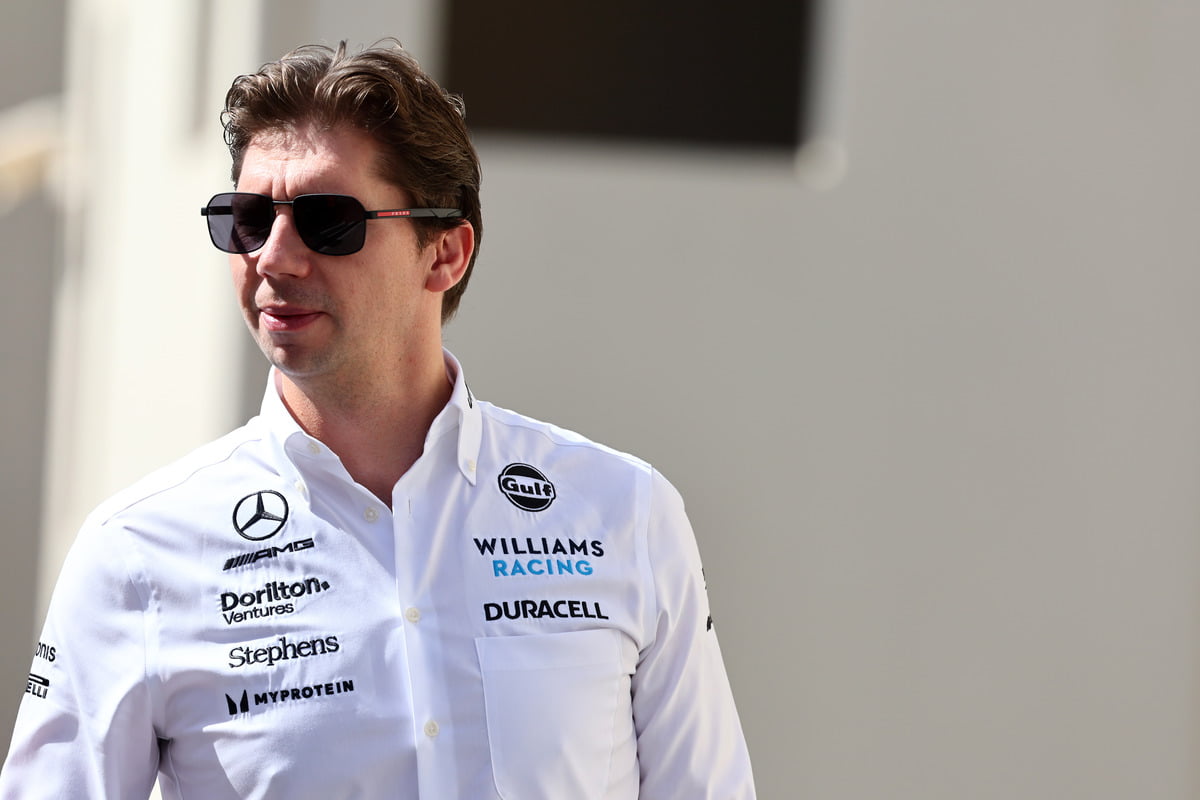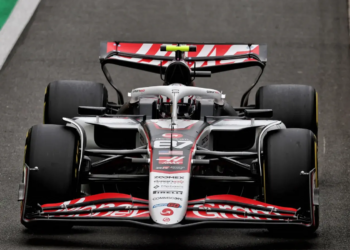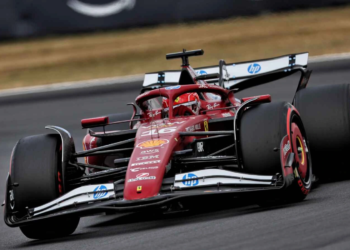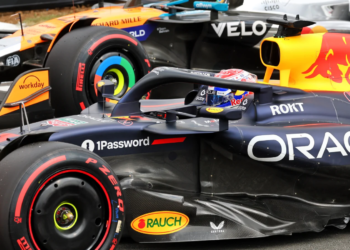Williams Formula 1 boss James Vowles is “encouraged” by the team’s infrastructure deficit compared to its rivals as he continues to share his excitement for developing the outfit.
In 2023, Vowles took charge of Williams in what was his maiden year as Team Principal, joining the struggling privateers after years of success with Mercedes.
Vowles’ appointment was met with immediate improvement and Williams achieved its best result in the Constructors’ Championship since 2017, finishing seventh.
One key area Vowles has wanted to address is investing in improving the team’s facilities and he successfully combated F1 rule-makers to relax CapEx spending for those toward the back of the grid in the coming years.
Now, he is relishing the challenge of pushing the team’s infrastructure into a positive place.
“I like it,” Vowles told Motorsport.com of the team’s current deficiencies.
“This team has done incredibly well before I joined, and even when I’ve been here, because it’s driven by passion.
“It’s a true racing team,” he continued.
“Any time I keep looking at our facilities, structures, infrastructure, methods, and realise how far behind we are, I’m only encouraged by it.
“We’re here where we are today, and I can’t wait until we get a lot of it fixed because we’ll be in a much better place.
“And in a short space of time too, because there’s quite a bit, still, of low-hanging fruit left over that we can pick up.”

Many in the F1 paddock recognise Vowles as a dedicated individual and he is certainly working hard at changing the culture at Williams.
The Briton’s goal is to bring the forward-thinking winning mindset from his previous employers to the once-great Williams team and he explains how ideas needed changing upon his arrival last year.
“When I joined, I asked: ‘How are we getting on with next year’s car?’ And the answer was, nothing,” he explained.
“I said: ‘Right, we’re changing that immediately.
“We need to focus on next year, the year after, and 2026.’
“Because as soon as you focus on the just now, and that’s where your window is, everything is bursts of activities, and you don’t move the organisation forward.”
Vowles goes on to praise the Williams workforce, saying: “You don’t finish seventh in the championship with what you have unless you have intelligent individuals,” but adds that there wasn’t a collective approach to working when he took up office in Grove and that had to change.
“They weren’t working together,” Vowles said of the Williams employees.
“They were very, very insular pockets of people.
“So, step one was bringing the intelligent people together to just work together as a group.
“Then give the responsibility to the entire group that performance is your responsibility.
“It’s not aero. It’s not vehicle dynamics. It’s this group. Work it out yourselves.
“You mix them all together and all of a sudden, you get a shift of dynamic, that it’s not pointing fingers at each other. It is, okay, let’s work together.
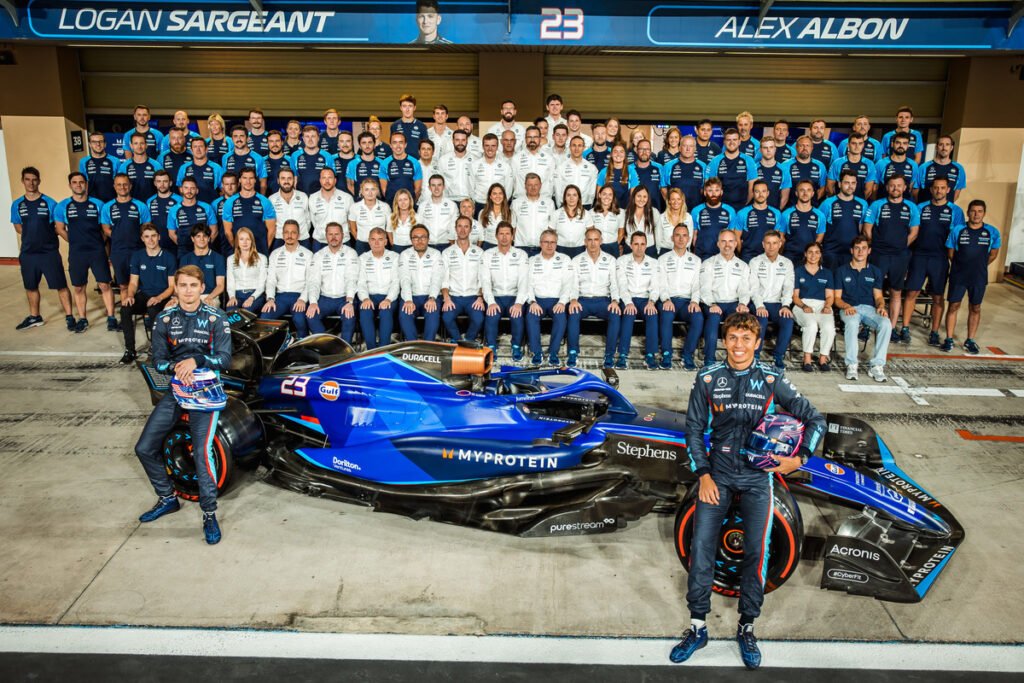
Vowles is very much invested in Williams’ long-term strategy, and after sorting out the cultural ideologies of the Williams workforce, his next port of call was to dispel a race-by-race mentality for a big-picture one.
“What excites me is how we’re going to develop across next year, the year after, and into ’26,” he said.
“There were those that were focused on short-term firefighting.
“So, you need to put down the fire hoses and focus on putting a proper structure in place.
“Then the real good bits start coming six months, 12 months later.
“The organisation has embraced this change, and it’s ‘let’s work a little bit more’ to ‘how do we go ahead and look forward’.”
After a successful first year in charge in terms of on-track results, Vowles hopes his building legacy at Williams extends beyond that and that from the outside looking in people can see there have been “tangible” changes in “attitude, approach, body language, direction of travel, and investment – going out in the world and asking for more money, not less money now.”
Moving forward into his second year at the helm, Vowles admits he’s “comfortable” with the team’s trajectory.
“I’m comfortable that the ship is turning the right way,” he concluded.
“We’re not facing the right way yet, but at least we’ve got the rudder down and we’re moving.”

